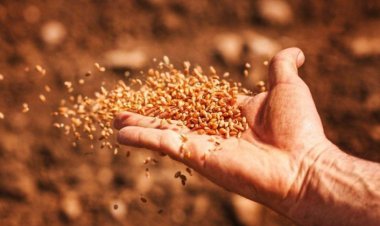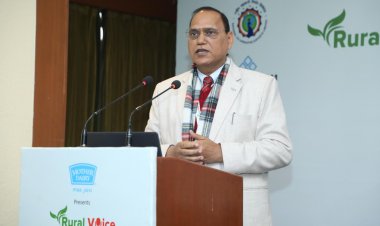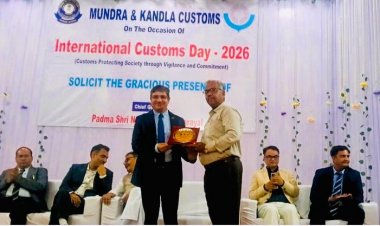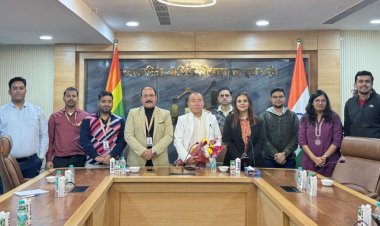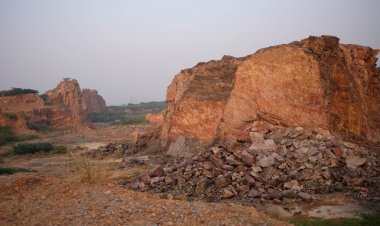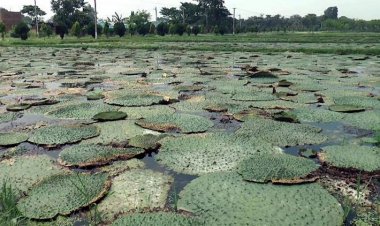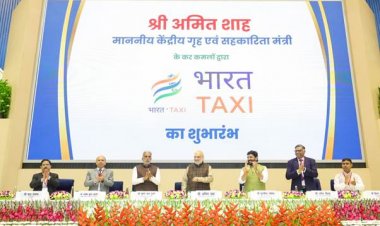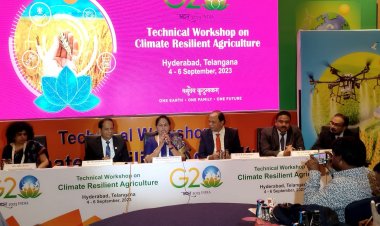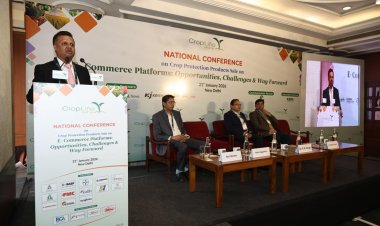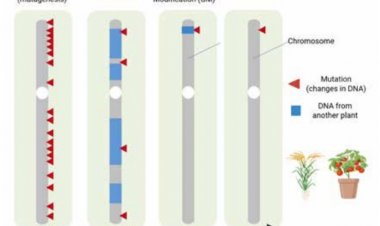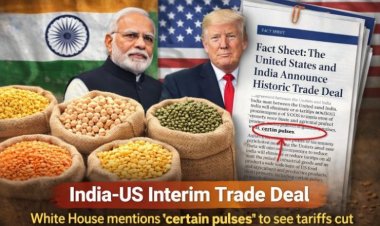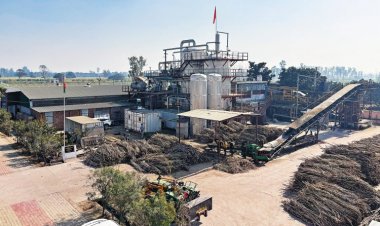A national program is being organized at the India International Center in New Delhi on Wednesday under the ‘Agenda for Rural India’ series. It is a series of conferences that focuses on bringing together rural citizens to express their opinions on the current situation of rural India. The series was organized across the country by digital media organization Rural Voice and NGO Socratus. The conference being held in New Delhi is the last in this series.
During this event, Rural Voice Media Pvt. Ltd. will also release a quarterly bi-lingual magazine Rural World with focus on agriculture and rural areas. NITI Aayog member Prof. Ramesh Chand and other dignitaries will release this magazine. Several panel discussion sessions will also be organized in this one-day event.
The topics of the panel discussions include 'How rural India is changing', 'Role of media and civil society in rural India', 'What does rural India want from its public representatives', and 'How farmer organisations are accepting the change in rural India'.
Agenda for Rural India
The objective of the conferences was to explore local reactions and concerns related to the dramatic changes that have taken place over the last 15 years in the rural landscape.
These conferences were organized at 5 places. People from 10-11 nearby districts gathered in each conference. These conferences were held in Bhubaneswar, Coimbatore, Jodhpur, Muzaffarnagar and Shillong where various issues affecting villagers, especially agricultural and rural issues, were discussed.
The states where these conferences were held are completely different from each other -- culturally, economically, agro-climatically and politically. More than 300 participants from 60 districts across the country participated in these conferences organised nationwide by Rural Voice, a digital media platform, and Socratus, a non-profit organisation.
In these sessions, key issues revolved around:
● The overuse of fertilisers and pesticides, the lack of good prices for produce and delayed payment.
● Need for more diverse forms of crop insurance covers.
● Labour availability issues.
● Human–animal conflict.
● Need for promotion of natural farming methods and non-MSP crops.
● The lack of medical centres for livestock.
● A prioritisation of farmer’s education by supporting training programmes and
introducing new technology to help with irrigation and with building new market links.
● Adapting policies like the MGNREGA for local demands (eg. adapting the scheme for agricultural labour).
Issues related to climate-change and other environmental issues included:
● Unseasonal rainfall
● A change in pest infestation patterns because of changing weather conditions.
● The lack of prevention and monitoring of pollution levels in the rural space.
● The need to preserve soil quality.
● The willingness to switch to renewable energy.
Other points discussed included:
● The need for quality healthcare and educational facilities.
● The lack of food processing facilities.
● The need for recreational and sports facilities.
● The need for better road infrastructure and transportation facilities. Many farmers
highlighted their inability to transport their produce as a major problem.
● The need for improved drinking water and irrigation facilities.
● Encouraging local entrepreneurs and women’s skill development through policy support.
Certain social issues highlighted during the discussions revolved around:
● Creating a robust local economy to stem labour migration to urban areas. There was
quite a bit of conversation around freebies and the want to be self-sufficient.
● The mass migration of young people to urban centres because of the lack of
opportunities available to them.
● An increase in alcohol and drug consumption.
● The need for accountability of elected officials and issues of corruption in governance.
####
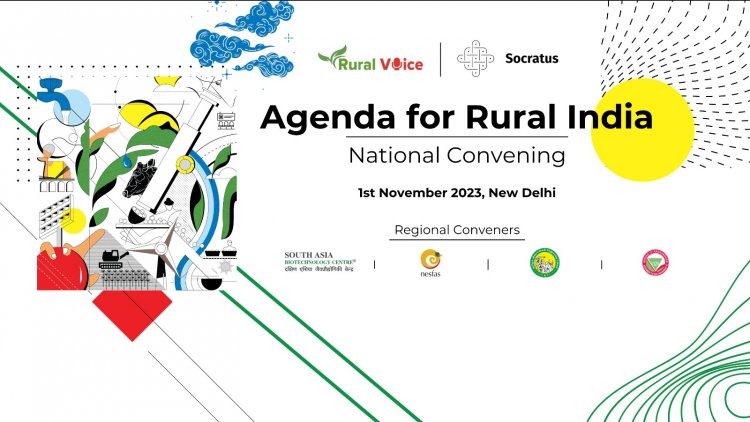



 Join the RuralVoice whatsapp group
Join the RuralVoice whatsapp group


















